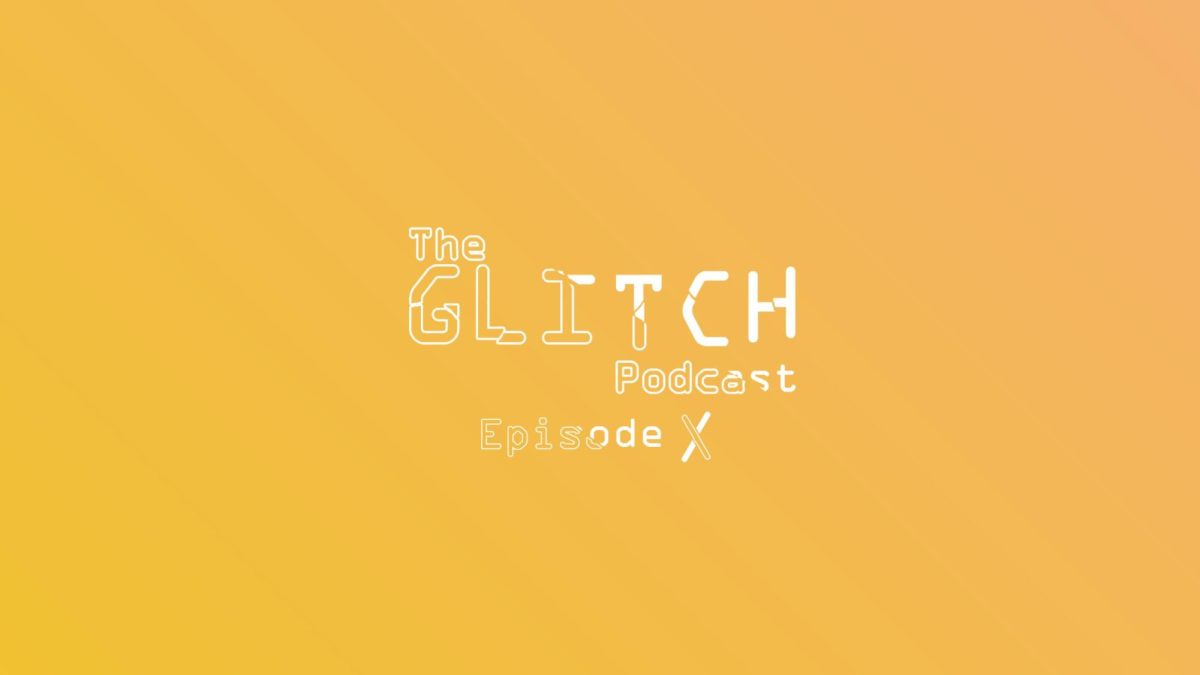Combatting the Cloud
Third quarter is passing by quickly… here’s how it’s impacting students academically and personally.
February 28, 2023
86 more days until the end of the school year.
10 more days until Spring Break.
8 more days of school until Spring Break.
5 more periods of each class until Spring Break.
Yet for many, the classes, days, and weeks never seem to end. As any high school student or teacher knows, the academic year is full of many stressors between classwork and social life. According to a recent poll, 47% of students felt more stressed than they did before Winter Break, 22% of students felt the same amount of pressure, and 31% said their stress has decreased.
“I’ve been getting a lot less sleep recently, around three hours… I just can’t sleep [because of] overall anxiety,” Mason Liu ‘24 said. “I feel like the training wheels are taken off heading into the second semester. You’re expected to know everything now. Not everything’s being handed to you as much as the first semester.”
AP Psychology teacher Kathryn Lemeshewsky offered her insight as to why students may struggle in the weeks after coming back to school.
“I think that it’s really hard when you have two weeks, and actually, we had almost three weeks [off] this year. Coming back after having such a large chunk of time off really throws people, and having to get back into the mindset of school really is hard,” Lemeshewsky said. “I’m seeing poor performance right now, but I don’t think it’s necessarily because of the season. I think that it’s just the start of a new year. Knowing that we are so far away from the end of the year makes it really hard for motivation.”
Students have also experienced an uptake in their homework and stress levels. As third quarter started, many fell behind or had a new workload to adjust to.
“I was struggling because of homework, and I got a really random fever,” Pari Divanji ‘25 said.
In addition to her seven classes, Divanji was ailed with a fever due to stress.
“I slept around two to five hours a night,” Divanji said.
At most, that’s three hours under the minimum amount of recommended sleep for teenagers, according to WebMD.
Lemeshewsky also credits many of the instances of poor performance to post-COVID culture.
“I would say our students have more stress, greater distraction, and I see the work ethic lower. I think a lot of student mentality has changed since COVID-19. There was so much online and less contact with teachers, [students are] not as hard-working [now],” Lemeshewsky said.
Along with the persisting challenges of COVID-19 and its effect on our culture, the winter months yield their own burdens. Dec. 29 brought eight inches of snow to the Highlands Ranch area, according to the Denver Post, which has yet to fully melt off. The month of January brought cloudy skies and more snow, rarely a warm, sunny day.
As hours of light have weaned and cold weather has encouraged many to find indoor activities, our bodies show the effects of missing summer. Serotonin, a chemical in your brain that makes you happy, is linked to Vitamin D intake according to the Cleveland Clinic. While it may be achievable to get adequate levels of the “sunshine vitamin” during the summer, winter makes that a difficult task, especially in places with harsher and colder weather. With a lack of Vitamin D, people may experience mood changes and feel more gloomy than in other months.
Another element of decreased mood comes from sleep. As the sun rises later and sets earlier, your body may also try to give you an extra boost of melatonin, a chemical in your brain making you tired. That combined with the day-to-day stress of school makes some feel overwhelmed, adding to their sleepiness and bringing down their mood.
“I feel like [third quarter is] definitely the longest. I wouldn’t say it’s necessarily the hardest,” Bella Smoldt ‘24 said. “In the third and fourth quarters, I think, I have a lot more stress just because the year is ending versus just getting time away.”
“I think all of us go through a little bit of [the winter blues],” Lemeshewsky said. “In the sense that like, yeah, winter is gloomy, it gets dark faster, it stays darker a lot longer. As we get closer and closer to spring, we start to pick things up because it stays lighter and warmer and all that.”
More severe than a case of the winter blues, some may even go through Seasonal Affective Disorder (SAD), more commonly known as Seasonal Depression. About 5% of adults in the US suffer from SAD, according to the Cleveland Clinic.
“There is something to be said about SAD,” Lemeshewsky said. “It is a common mood disorder that does affect people […] But being officially diagnosed is very different from being self-diagnosed.”
As mental health conditions such as anxiety and depression become increasingly talked about, some may wonder how to cope with their stressors and still succeed in school. Students and teachers alike shared their wisdom on the subject and suggested what they do to wind down after a stressful day. Suggestions such as playing video games, watching TV, working out, and giving yourself alone time were all activities that came to mind. The most important thing, however, is doing things that actually improve your stress. According to Healthline, self-care makes you feel better progressively and have lasting effects, whereas numbing works only temporarily.
As work continues to increase through the year, Lemeshewsky shares her wisdom on how the culture of our school contributes to stress.
“I think the culture of Rock Canyon creates a lot of stress for students,” Lemeshewsky said. “We have such high expectations and there’s this reputation for being really smart, good, and taking all of these APs, being competitive in sports, and all of the stuff like that. I think that naturally, students are gravitating towards [the mindset of], ‘I need to take all the APs, I need to take all of the honors. Even if I don’t like the subject, I have to take it because it’s the next step of what I should be taking,’ instead of doing what they want to do and pursuing the classes that make them happy. Students are finding themselves swamped and underwater in subjects that they’re not strong in, and that they don’t enjoy. And I think that contributes to a big part of the stress, homework, and overwhelming level of just feeling underwater all the time.”
Infographic by River Brown
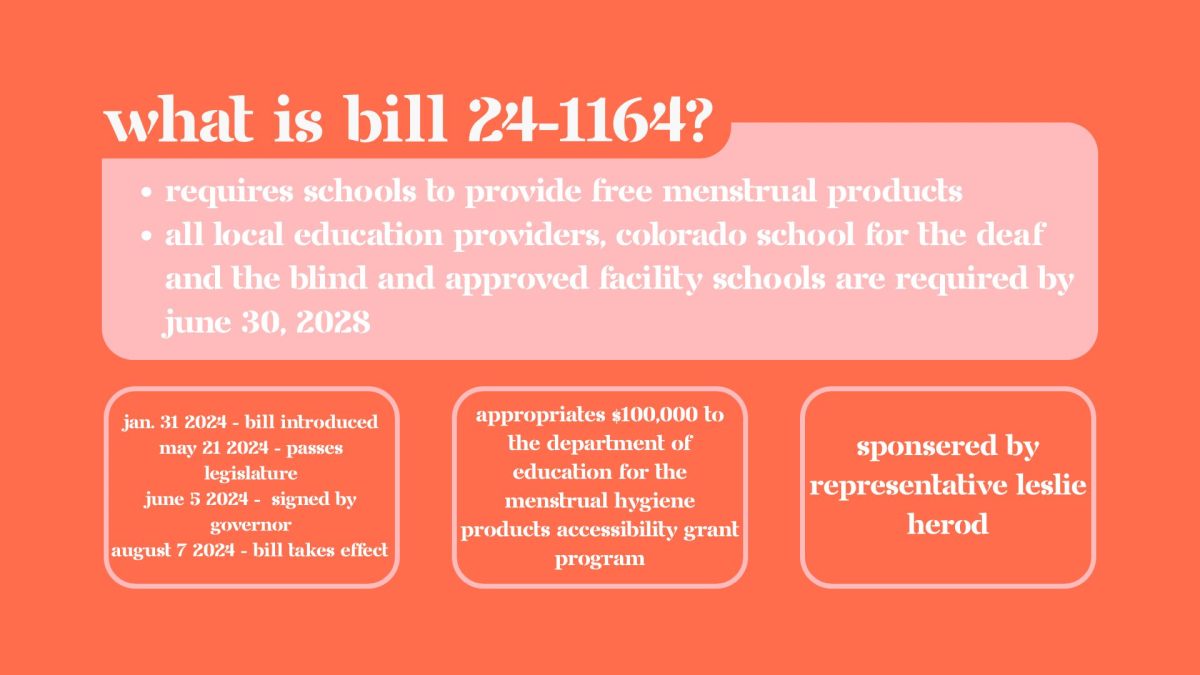

![Minutes before the Activities Fair in the gym, president Abhi Gowda ‘26 prepares the stall for his club Helping Hands, Sept. 4. A relatively new club, Helping Hands was co-started by Gowda and focuses on assisting the homeless, and just last year they succeeded in raising a couple hundred donations to send to shelters. This year, they have goals to expand, with hopes to increase volunteer opportunities and take in-person trips to shelters, as well as extend their help beyond just homeless people. “The Activities Fair gives a lot of underclassmen the opportunity to really get to know the Canyon culture, and it gives them many opportunities for service and volunteering,” Gowda said. “[Through the Activities Fair,] I hope to find a bunch of new and passionate members about our club and just get our name out there and spread awareness to the cause that we’re fighting for.”](https://rockmediaonline.org/wp-content/uploads/2025/09/1-2-1200x885.jpg)


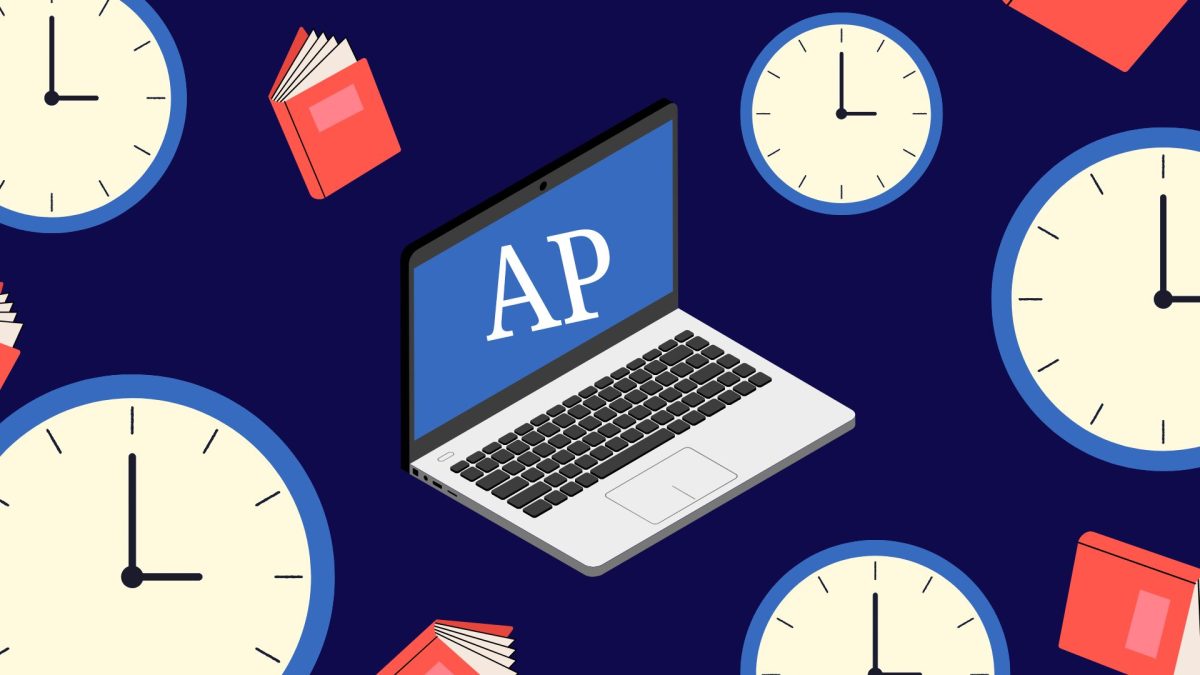




![The winter guard team makes fifth place at the state championship finals in the Denver Coliseum, March 30. The team performed to Barnes Country's “Glitter and Gold,” lead by coaches Margo Sanford, Blair Bickerton and Anna Orgren. In their class there were a total of nine groups participating, and the top five who made it to finals received a plaque. “[Walking onto the stage] is very nerve-wracking, but also very exciting as well. When you first start color guard there's a lot of anxiety and uncertainty when you first perform in front of an audience, but once you've done it for a while, it starts to become the best part of the season,” Ella West ‘25 said. “It's very fulfilling to see an audience react to something you've put your heart and soul into.”](https://rockmediaonline.org/wp-content/uploads/2025/04/Both-socal-media-nd-website-main-1-1200x846.jpg)


![April marks the 25th anniversary of Sexual Assault Awareness Month, created by the National Sexual Violence Resource Center (NSVRC). This month is to spread awareness of the harassment, assault and abuse that happens around the world. The symbol that represented the month was a teal ribbon; however, some survivors of assault create different symbols and movements like the TikTok trend in 2022, where survivors would tattoo Medusa on their body, in honor of her backstory in Greek Mythology. “I don't think [this month is known] at all. I rarely see anybody talk about it. I rarely see much of an emphasis on posting it online, or much discussion about it, and I feel like there needs to be way more discussion,” an anonymous source said. “I think just validating every experience that a person has gone through, regardless of the degree of it, the severity, is an essential step into making sure that people are aware that this is a very real problem in a society and that we need to do better in addressing it.”](https://rockmediaonline.org/wp-content/uploads/2025/04/IMG_0011-1200x900.jpg)



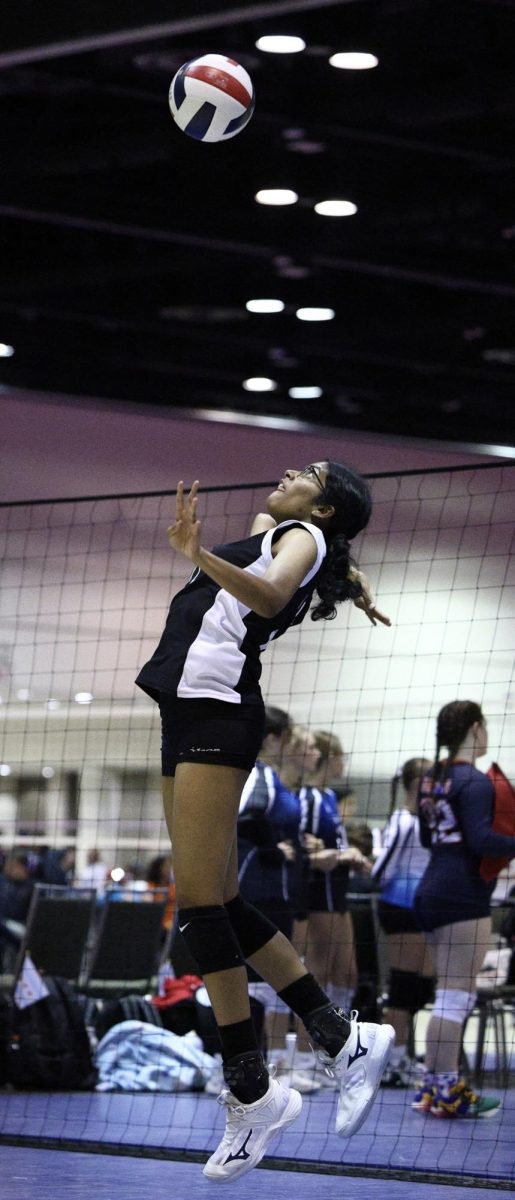


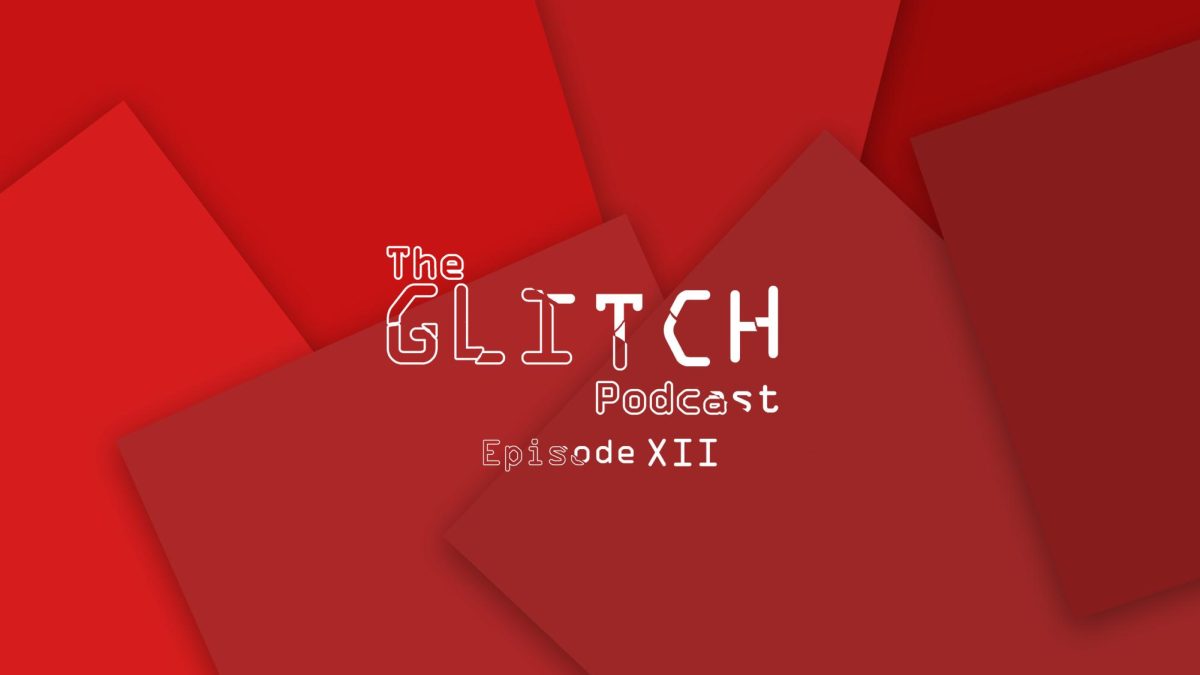
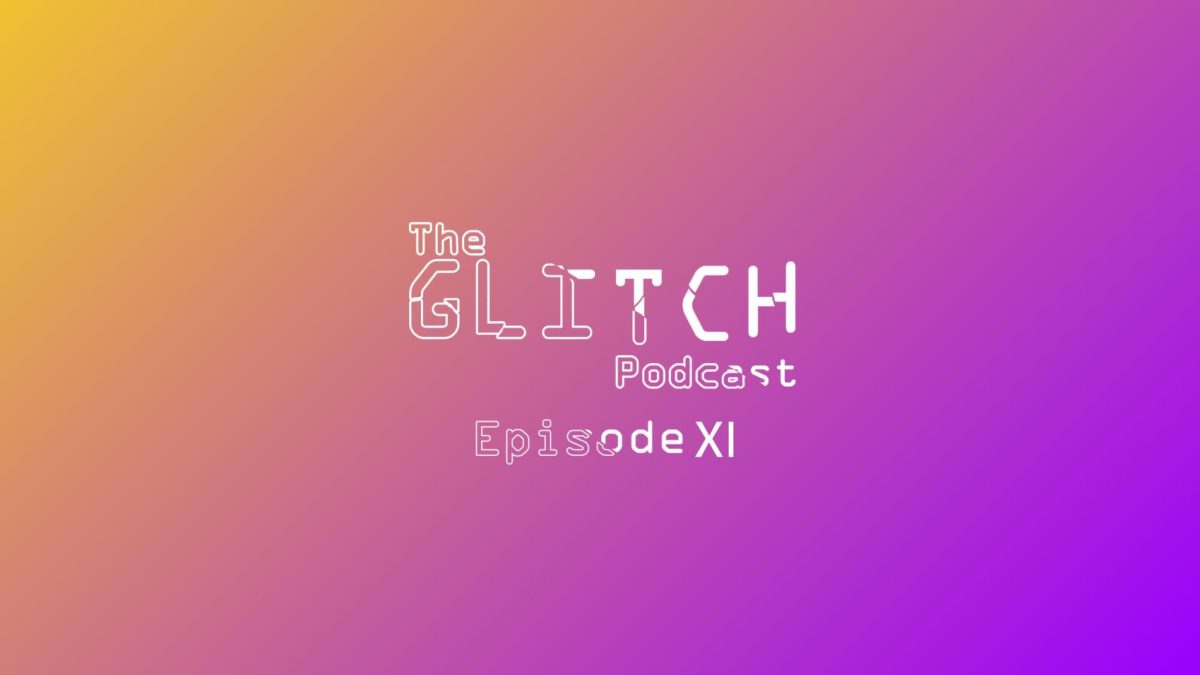





![Lesbian Visibility Day is April 26, and it’s a holiday to celebrate the lesbian community of the world. Lesbian Visibility day was established in 2008 by many queer activists and organizations who sought to raise more awareness for lesbian history and culture. “So this is why during Lesbian Visibility [Day] we celebrate and center all lesbians, both cis and trans, while also showing solidarity with all LGBTQ+ women and nonbinary people,” Linda Reily, in an article written by her, said.](https://rockmediaonline.org/wp-content/uploads/2025/04/Lesbian-Visibility-day.jpeg)



